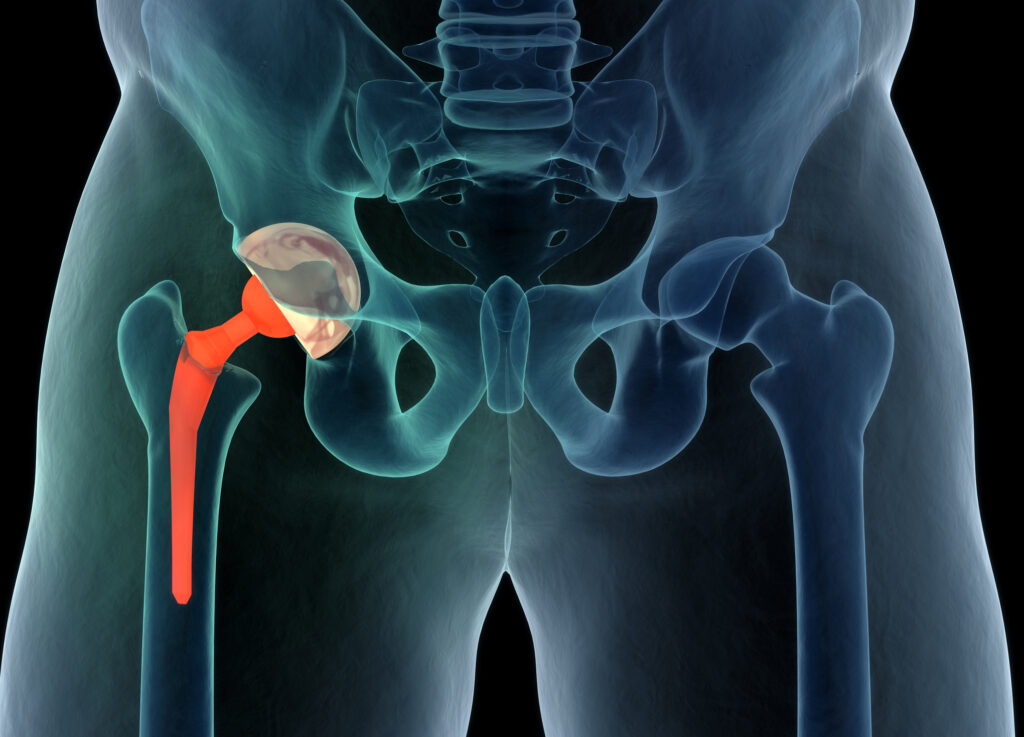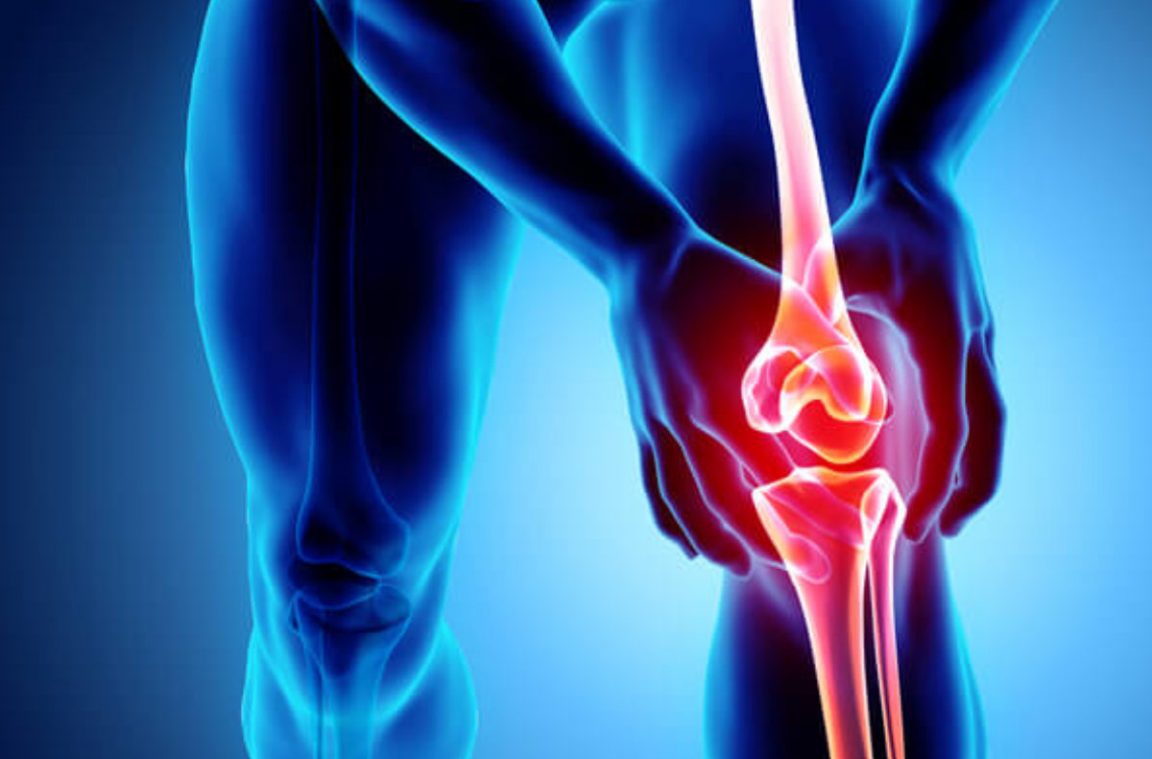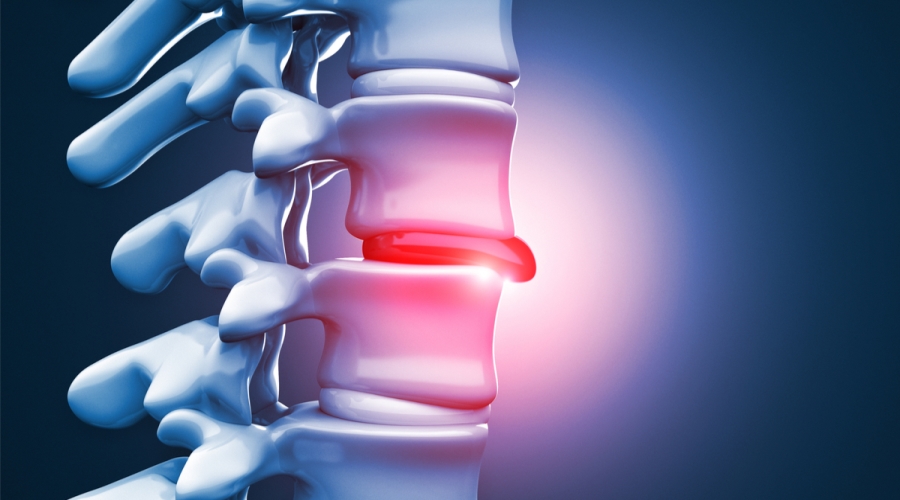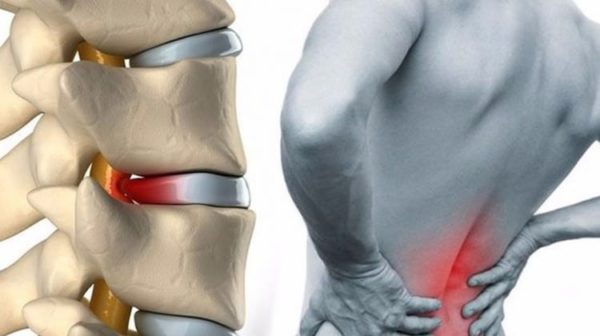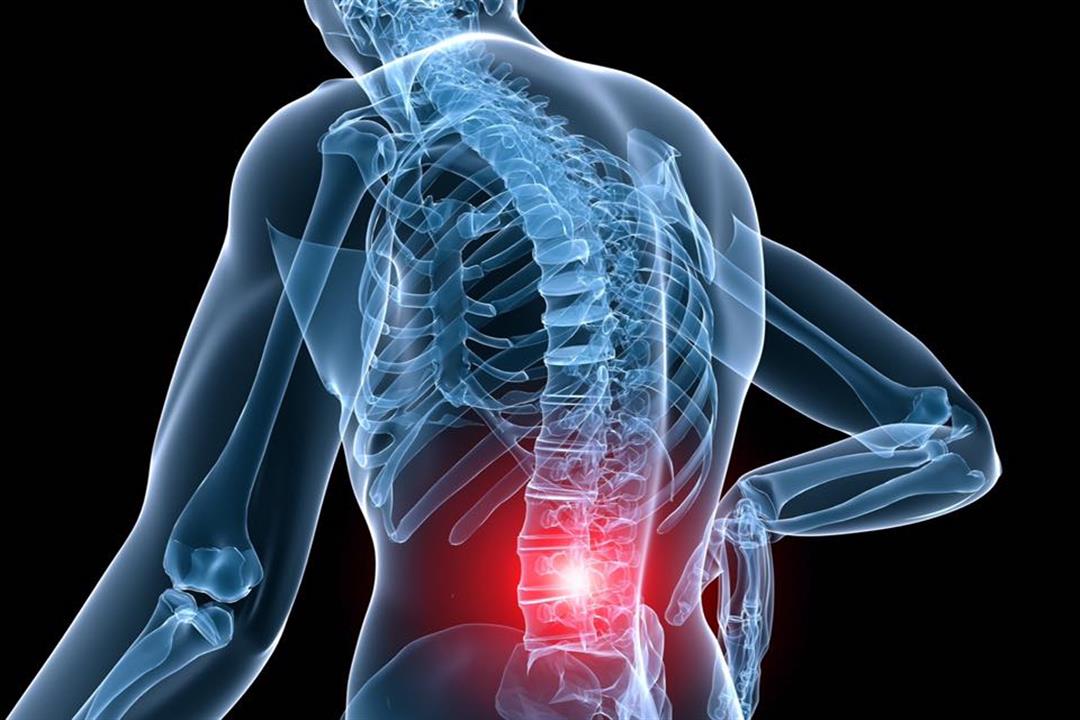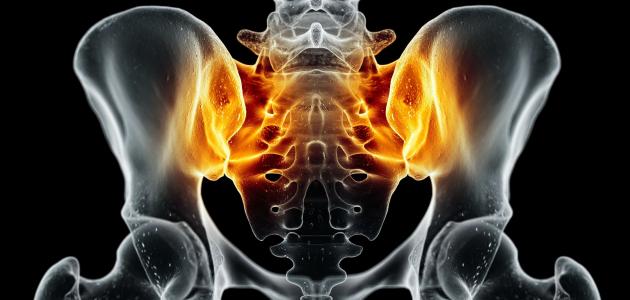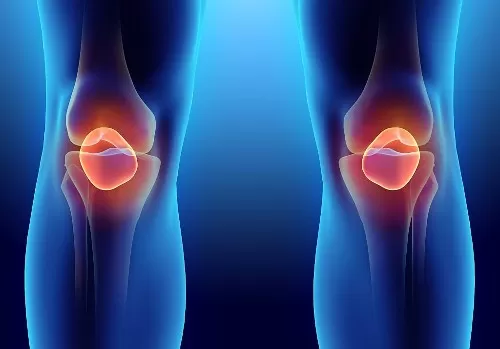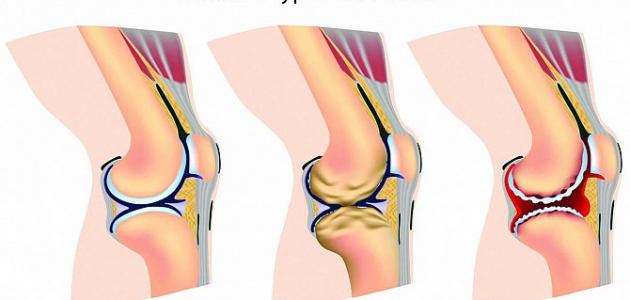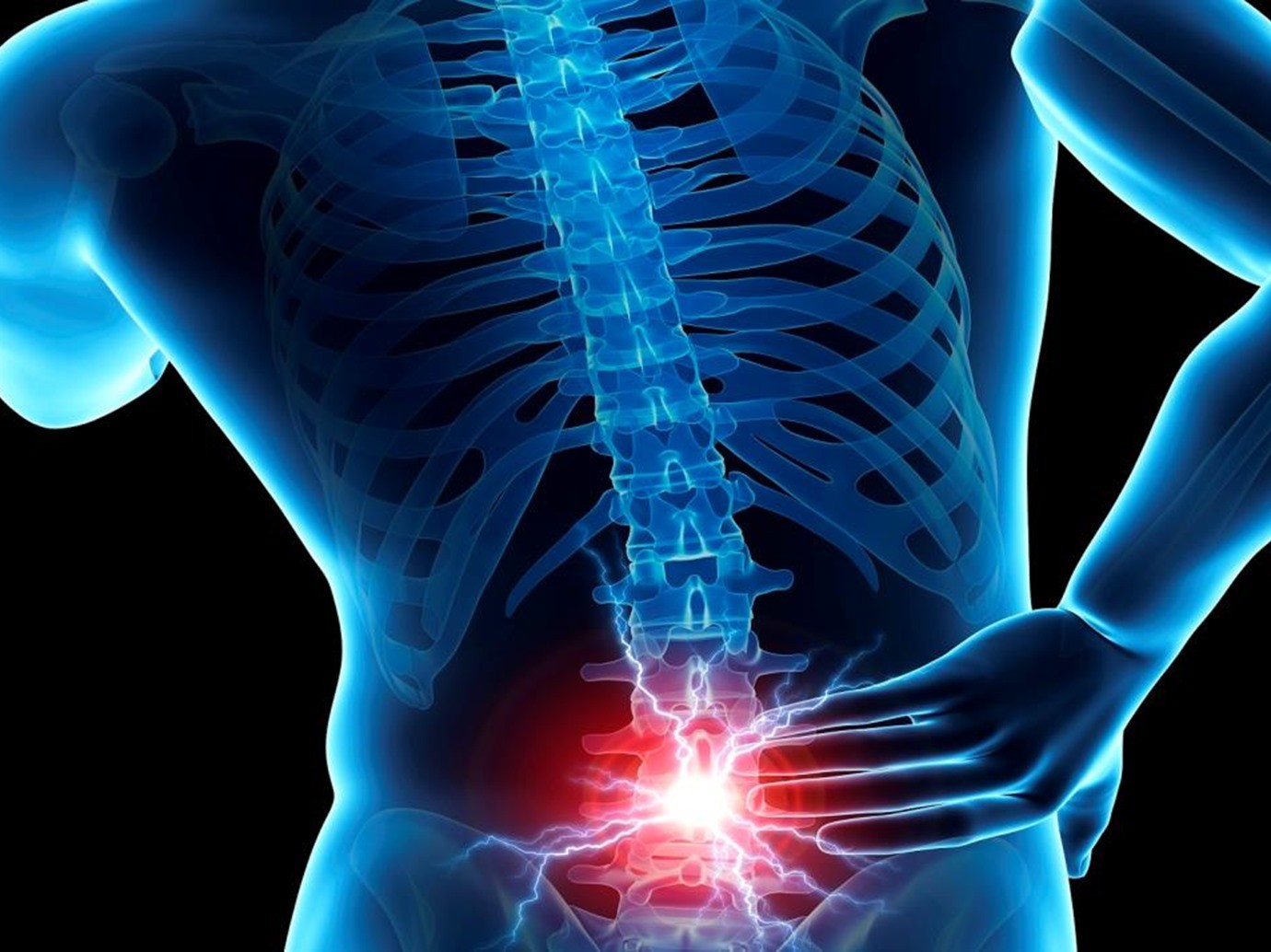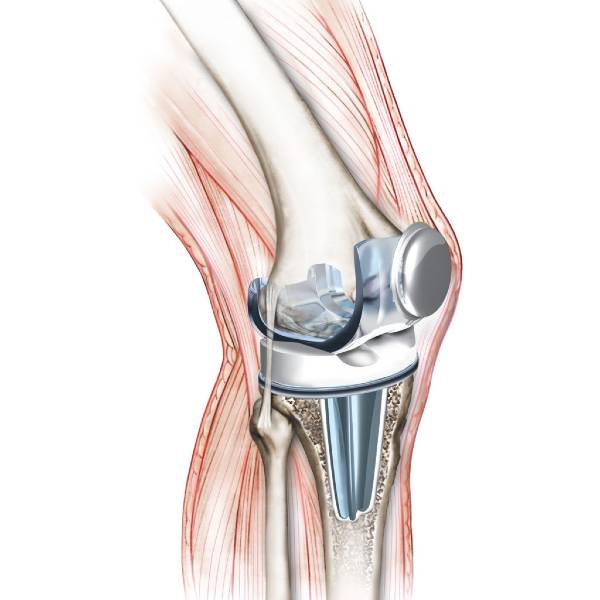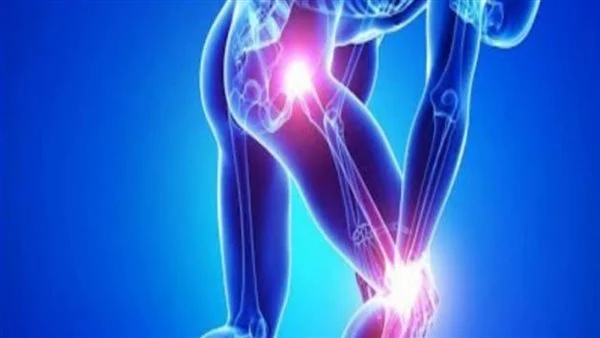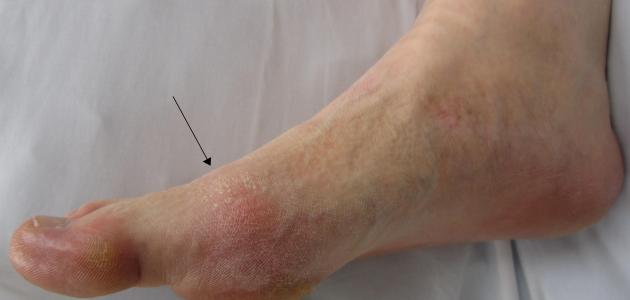Does vitamin D deficiency cause rheumatoid disease?
There are about 13 types of vitamins in the body, which are of great importance to a person’s health condition, his activity, and other vital processes within the body, and we explain in the following article various details related to vitamins and their effect on the joints.
What is the vitamin responsible for joint pain?
Vitamins generally affect the body and its composition, especially the bones and muscles, and we should not exclude the joints because vitamins have a direct effect on them and affect their formation or cause inflammation and erosion in the event of their deficiency in the body.
There are many types of vitamins that affect the joints in the body, and more than one symptom occurs for a person in which the body is in an unstable health condition and suffers from diseases and his immune system is not working properly.
Here are some types of vitamins that cause diseases if they are deficient:
Vitamin C
Vitamin C is an essential element in the body that enhances immunity, provides the person with antioxidants and protects cells, and works to enhance the percentage of collagen in the body, and vitamin C deficiency can affect the bones and joints and increase the feeling of pain in them.
Vitamin K
Vitamin K supports tissues and bones, supports the joints of the body, and reduces pain and inflammation that afflicts them, and vitamin K deficiency can affect increase the incidence of osteoporosis and can increase the chances of infection and joint pain, as well as bleeding.
Vitamin A
Vitamin A can benefit the body by working to support and grow bones, increase the functions of the digestive system, and also contribute to an increase in antioxidants in the body, and it can reduce inflammatory conditions, especially arthritis, which makes the person feel better and get rid of joint pain.
Vitamin D
Vitamin D carries great importance to the human body and works in enhancing immunity and contributes to building a strong bone and muscle mass that protects the person from osteoporosis and muscle tension that causes severe pain in the body and joints, and vitamin D can affect immunity and infections with different types of inflammation, including rheumatoid arthritis, in case of deficiency.
Does vitamin D deficiency cause arthritis?
The chances of arthritis can increase for people with a vitamin D deficiency, and this is what recent studies have proven, and some scientific evidence has linked that vitamin D deficiency in the body makes it more susceptible to immune diseases, including infections, especially rheumatoid arthritis.
Vitamin D deficiency affects the bones and muscles through osteoporosis, osteomalacia, or a muscle strain that affects the person, the symptoms of vitamin D deficiency can extend to severe pain in the joints as a result of inflammation because the body no longer resists inflammation strongly due to the deficiency in Vitamin D.
Does vitamin D deficiency cause rheumatoid disease?
Numerous researches and studies have been conducted to confirm the relationship between vitamin D deficiency and rheumatoid arthritis. Indeed, it has been proven that vitamin D deficiency exposes the body to immune deficiency, which causes it to suffer from various types of diseases, including rheumatoid, which is an immune disease in origin.
Is it possible to fully recover from rheumatoid disease?
It is important to mention that rheumatoid arthritis does not have a final cure yet, but there are many types of treatments, including medical, home, and surgical treatments, which in turn work to reduce the feeling of pain caused by inflammation and help the patient to live with the disease.


